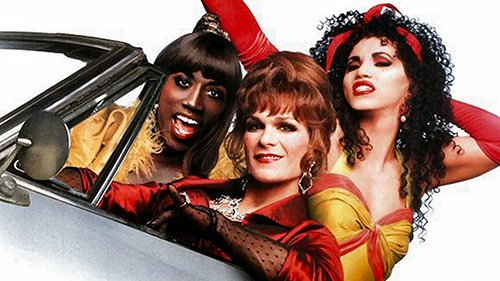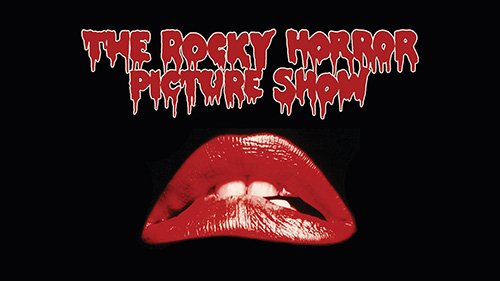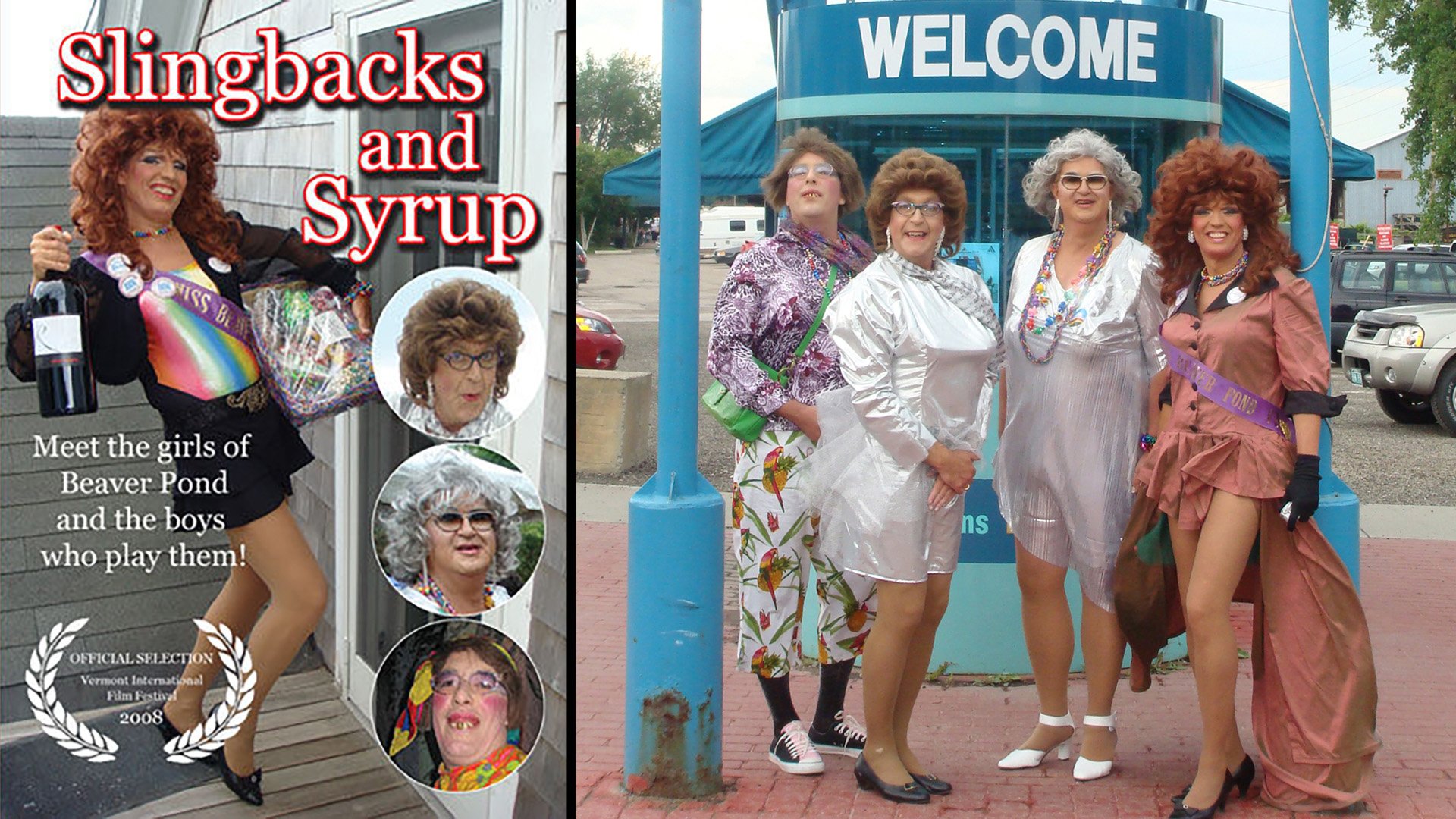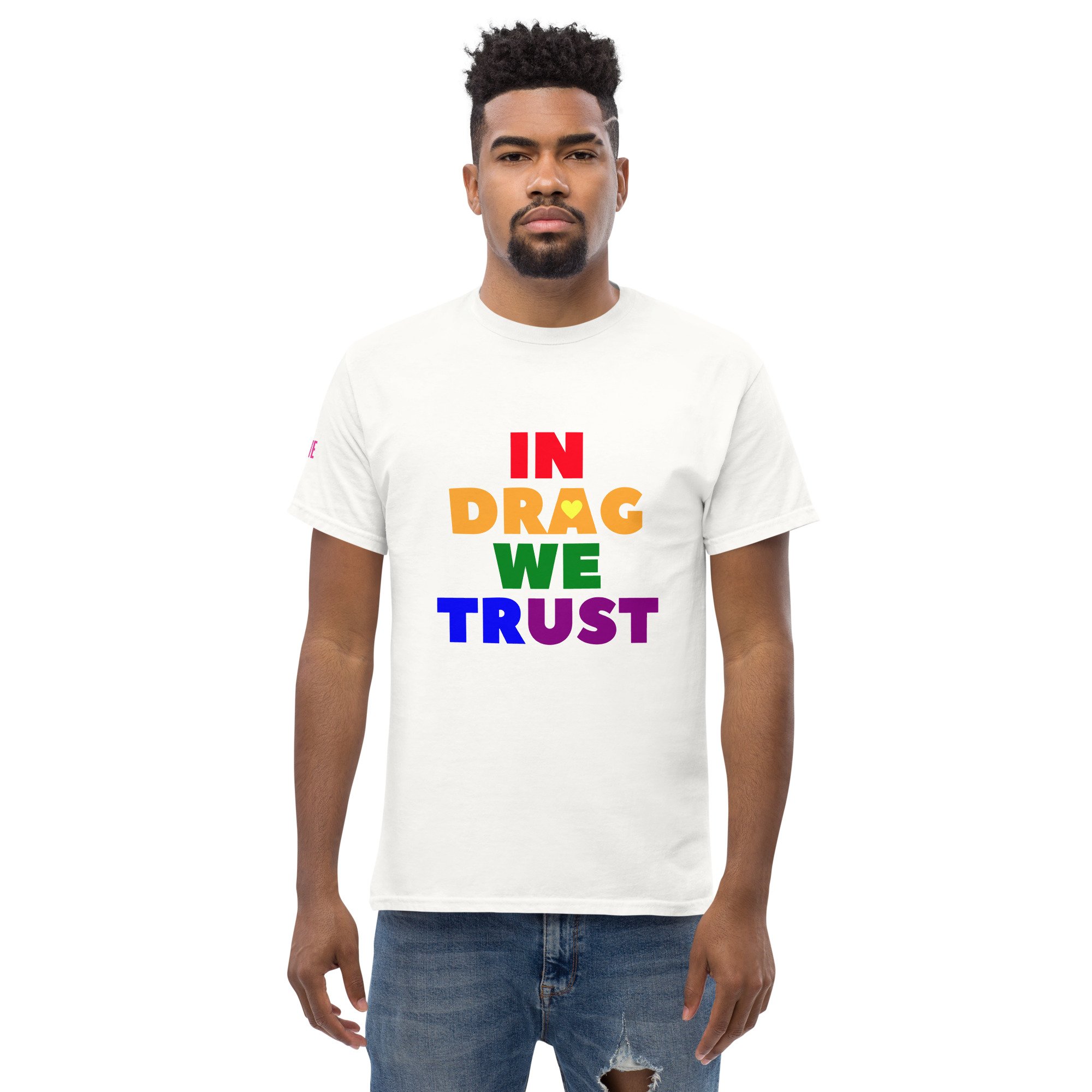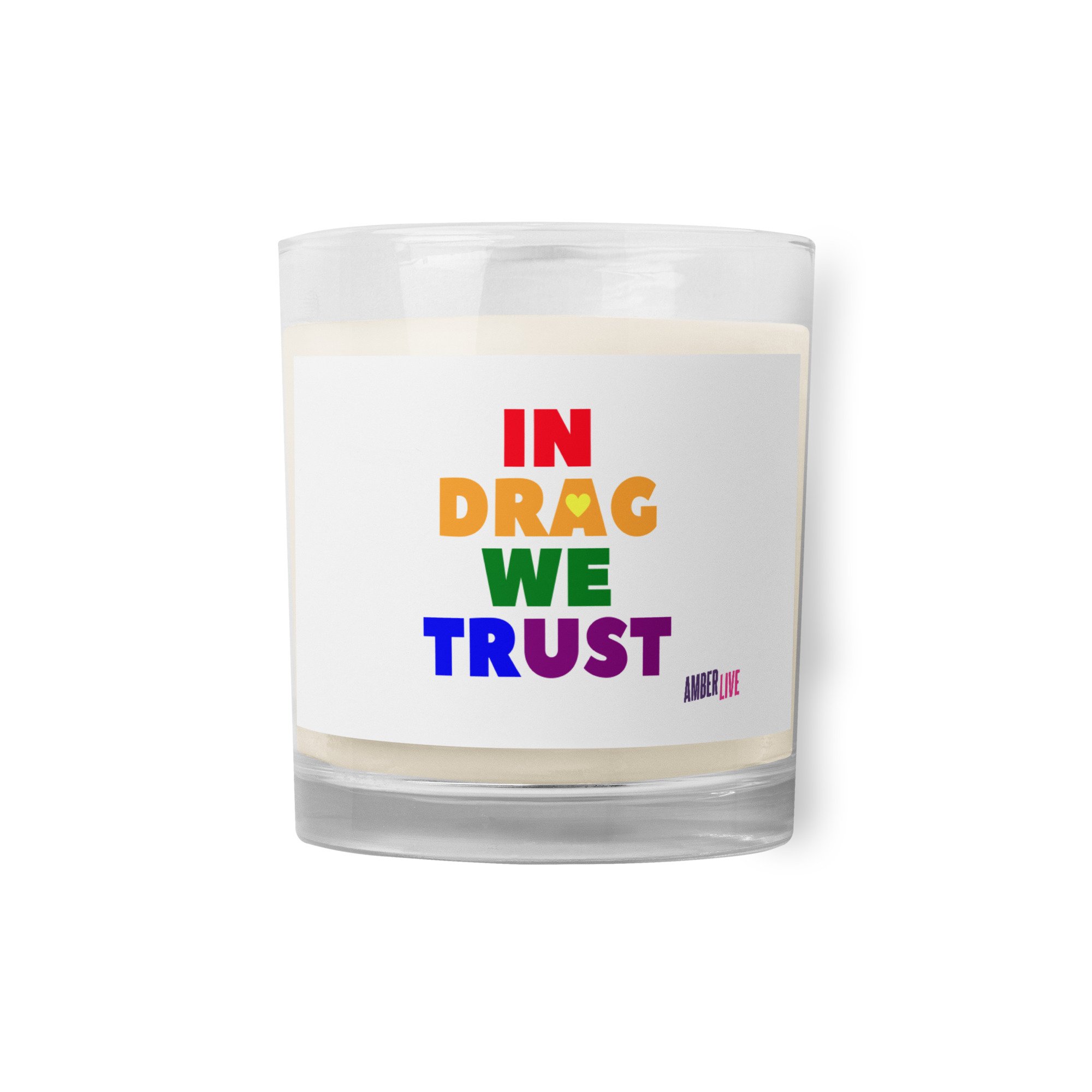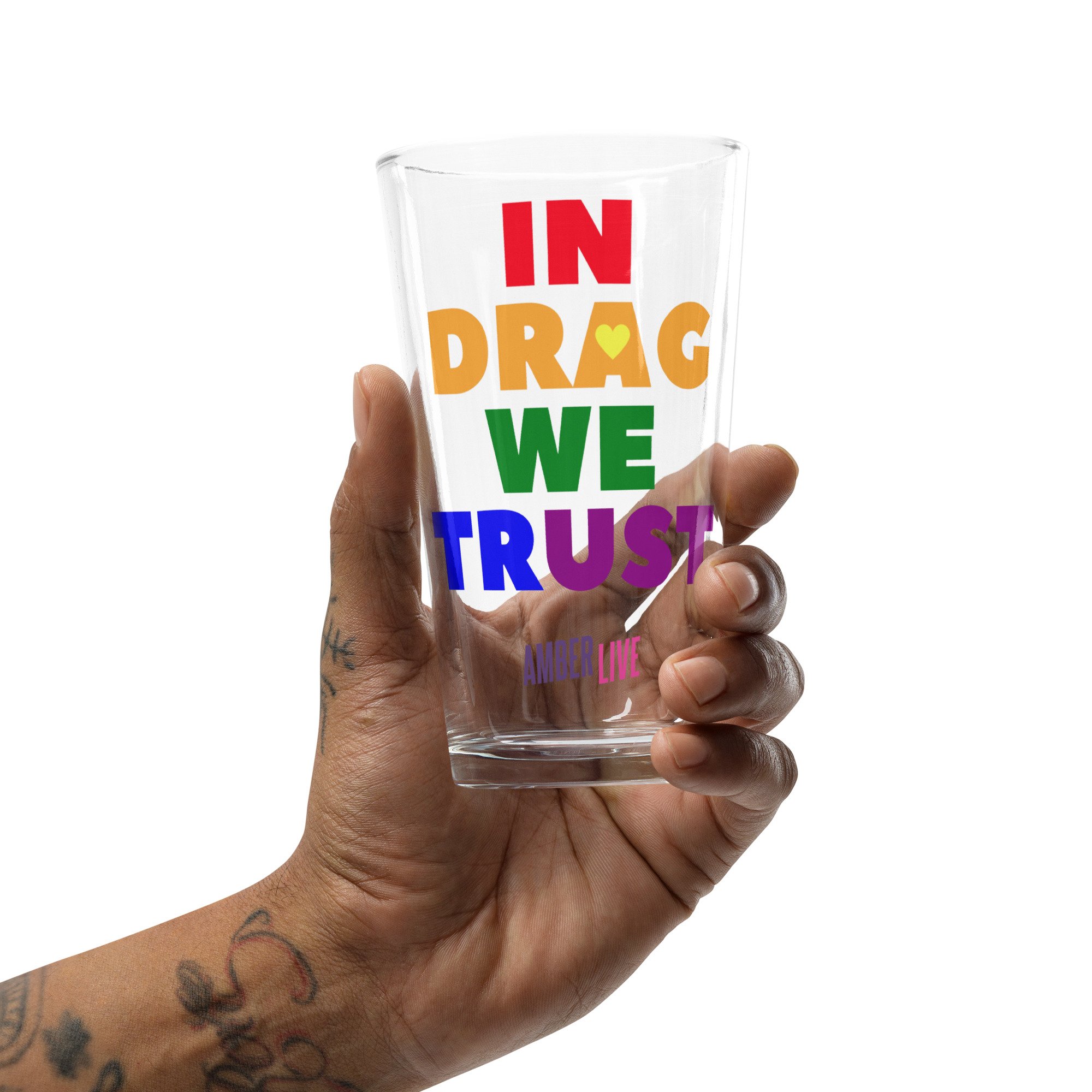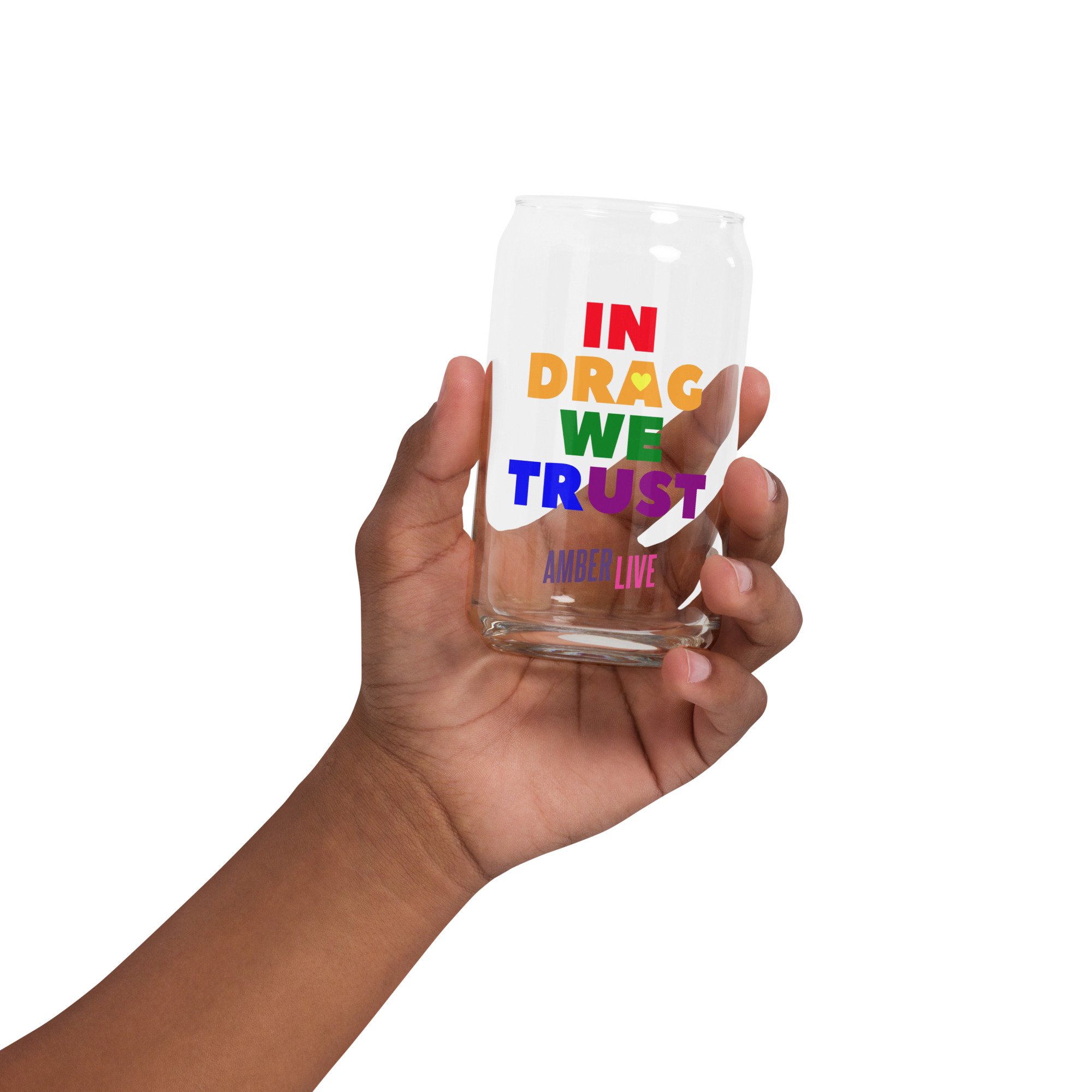20 Movies with Drag Queens (Some of our Favs)
Table of Contents
Introduction
Paris is Burning
To Wong Foo, Thanks for Everything! Julie Newmar
Kinky Boots
The Adventures of Priscilla, Queen of the Desert
Hedwig and the Angry Inch
Torch Song Trilogy
Drag Becomes Him
Connie and Carla
Hurricane Bianca
Victor Victoria
Just Like a Woman
Midnight in the Garden of Good and Evil
The Rocky Horror Picture Show
Pageant
Flavor of Milk
I Love You Phillip Morris
The Birdcage
Tootsie
Mrs. Doubtfire
Slingbacks and Syrup
Introduction
Why are movies featuring drag queens important to the LGBTQ+ community? Movies featuring drag queens provide important representation and visibility for the LGBTQ+ community. Drag performance has historically been an outlet for gender nonconforming people to express themselves artistically and culturally. Having drag queens portrayed positively on screen helps break down stereotypes and gives LGBTQ+ youth role models they can relate to. Mainstream films like To Wong Foo, Thanks for Everything! Julie Newmar and Kinky Boots introduced wider audiences to drag culture. More recent movies and TV shows like RuPaul's Drag Race have further amplified drag as an artform and given queer stories a platform. Overall, the inclusion of drag queens in film normalizes and celebrates the diversity of LGBTQ+ identities and experiences. Movies allow these vibrant personalities to shine through to new fans while honoring an iconic part of queer heritage. (Watch out for SPOILERS below!)
Paris is Burning
Paris is Burning is a pioneering 1990 American documentary film directed by Jennie Livingston that chronicles the underground ball culture centered around African-American, Latino, gay, and transgender communities in New York City in the mid-to-late 1980s. The film provides an intimate look at the elaborate drag ball events that served as crucial outlets of expression and community for marginalized LGBTQ people facing profound discrimination and hardship during the height of the AIDS epidemic.
Centered on drag competition circuits held in Harlem or the Bronx, the balls documented in Paris is Burning featured a complex system of codified rituals and customs developed and perfected over many years by its pioneers and participants. Competitors battled in various categories, often based on expressing highly specific realness or real-world personas, with contestants from different “houses” vying to achieve prime scores from judges through walks, dance moves, attitude, and intricate costumes painstakingly prepared on shoestring budgets. The balls served not only as entertainment but also as surrogate families and support networks for young queer people of color estranged from blood relatives, providing nurturing environments where creativity and identity could be freely and safely expressed beyond the harsh realities of an intolerant society where stable housing, healthcare, and employment posed persistent struggles.
Through revealing interviews with key members of the scene like Pepper LaBeija, Angie Xtravaganza, and Willi Ninja, Paris is Burning illuminates the courage, humor, and ingenuity as well as the vulnerability behind the underground balls. Jennie Livingston’s lens captures both the dazzling spectacle of the runway performances as well as quiet, behind-the-scenes moments revealing the performers’ dreams, challenges past and present, and candor on topics like gender identity, racism, homophobia, and poverty. The film movingly chronicles how balls helped give meaning and belonging to those too often rejected from mainstream culture and institutions because of their race or orientation. Ten years into the AIDS crisis disproportionately ravaging the LGBTQ community, an undercurrent of mortality also haunts many reflections on making the most of life’s fleeting joys.
Upon release in 1990, Paris is Burning was acclaimed at Sundance and Cannes, introducing wider audiences to the richness of ball culture while garnering praise from major outlets like The New York Times and Roger Ebert for its vibrant, poignant depiction of marginalized lives. In 2007, Paris is Burning was entered into the Library of Congress’ National Film Registry for its cultural and historical significance. Thirty years later, the documentary is regarded as an invaluable record of the resilience of LGBTQ people of color, an influence on contemporary drag, and essential viewing for anyone seeking to understand the origins of modern vogue and ballroom scenes. Its legacy continues to open doors to cultural realms unseen and perspectives unheard for mainstream society.
To Wong Foo, Thanks for Everything! Julie Newmar
To Wong Foo, Thanks for Everything! Julie Newmar is a 1995 American comedy film that features three New York drag queens who embark on a road trip. Patrick Swayze, Wesley Snipes, and John Leguizamo star as the leading drag queens. On their journey the queens get into adventures and mishaps while experiencing various forms of discrimination. However, they ultimately end up transforming the small conservative town they break down in. To Wong Foo is a comedy with a message about accepting diversity. The performances by the three lead actors in drag were widely praised. The film gave wider exposure to the art of drag and pushed boundaries in the mid 1990s.
Kinky Boots
Kinky Boots is a 2005 British comedy-drama film based on a true story. It focuses on a traditional men's shoe factory that starts producing boots for drag queens in order to stay afloat. Chiwetel Ejiofor stars as Lola, a fabulously confident drag queen who inspires the company owner, played by Joel Edgerton, to diversify the business. Kinky Boots explores the unlikely partnership between Lola and the struggling factory owner. It features themes of tradition versus modernization, prejudice, and diversity. The film includes several performances by drag queens that are highlights of the movie.
The Adventures of Priscilla, Queen of the Desert
The Adventures of Priscilla, Queen of the Desert is a groundbreaking 1994 Australian comedy-drama film that brought colorful drag queen culture to mainstream cinemas while challenging stereotypes with one of cinema’s first positive portrayals of a transgender woman. It follows Tick (Hugo Weaving), a Sydney drag queen, who takes up a gig performing with his friends Bernadette (Terence Stamp), a trans woman, and Adam (Guy Pearce), a younger, more flamboyant drag queen, in Alice Springs. Despite tensions between the veteran performer Bernadette and newcomer Adam, the trio boards a lavender bus named "Priscilla” to embark on their high-camp cabaret show tour through the remote Australian Outback together.
As these three very different performers traverse the Australian bush in their wild drag regalia, they encounter various reactions from small-town locals ranging from curiosity to outright homophobia. Though facing setbacks, the experience strengthens the performers’ relationship, with Bernadette imparting her wisdom as a mentor of sorts to Adam and rediscovering meaning in performance. The film’s infectiously comedic spirit turns poignant as Bernadette connects with her estranged wife and son, finally being accepted for who she is. With vivid costumes and over-the top song-and-dance numbers contrasted by introspective moments against the desert’s austere beauty, The Adventures of Priscilla left an indelible mark through its groundbreaking portrayal of queer sensibilities. Its legacy opened doors for greater acceptance by bringing colorful, humanizing transgender and drag queen representations to big screens across Australia and the world.
Hedwig and The Angry Inch
Hedwig and the Angry Inch is a 2001 American musical comedy-drama film adapted from the Off-Broadway rock musical of the same name. It later became a Broadway musical winning 4 Tony awards. The movie was directed by John Cameron Mitchell, who also starred as the lead character Hedwig, the film tells the story of a genderqueer East German singer who forms a rock band and follows them as they tour dingy venues and struggle for fame and recognition. Hedwig undergoes a botched sex change operation in order to marry an American man and escape East Germany, leaving them with the titular "angry inch". The film featured elaborate glam rock-inspired costumes and makeup designed for Hedwig's stage persona. Through catchy musical numbers and humorous yet emotionally intense narrative, Hedwig examines themes of gender identity, sexuality, creativity, and finding one's place in the world. Hedwig and the Angry Inch became a cult hit, garnering critical praise for its groundbreaking queer representation and Mitchell's performance.
Torch Song Trilogy
Torch Song Trilogy is a 1988 American comedy-drama film adapted from Harvey Fierstein's play. It centers on Arnold Beckoff, a drag queen played by Fierstein, and his search for love and family acceptance. As Arnold, Fierstein portrayed one of the first openly gay protagonists in a mainstream film, including an early depiction of a same-sex marriage. The film won numerous awards for exploring LGBTQ relationships and drag culture with humanity. Though made in the 1980s, it remains relevant for Arnold's resilience in aiming to build a life true to himself amid adversity.
Drag Becomes Him
Drag Becomes Him provides an intimate glimpse inside the life of internationally acclaimed drag performer Jinkx Monsoon. This raw and affectionate film follows the passionate pursuits that transformed a working class boy in a struggling family to an illustrious performer on a global stage.
Connie and Carla
Connie and Carla is a 2004 American comedy featuring Toni Collette and Nia Vardalos as the title characters. After witnessing a mafia hit, the two female impersonators go on the run disguised as drag queens. They end up hiding out in a small Midwestern town, where they accept a gig performing at a local club. The film highlights their predicament of keeping their identities secret, while experiencing acceptance for the first time as their drag queen alter egos. Connie and Carla is part crime caper, part comedy of errors, and an homage to classic drag shows and musicals. With colorful musical numbers, the film showcases drag as a liberating performance art.
Hurricane Bianca
Hurricane Bianca is a 2016 comedy starring Roy Haylock (better known as Bianca Del Rio), winner of RuPaul's Drag Race season 6. After being fired, a teacher returns to the school disguised as an aggressive drag queen to seek revenge. Hurricane Bianca earned praise for placing a drag queen in the role of protagonist and hero. Some criticized the acting and low-budget production values, but Del Rio's insult-hurling drag queen made the film a cult favorite. Its popularity led to a sequel, pointing to the growing spotlight on RuPaul's Drag Race alums crossing over into movies.
Victor Victoria
Victor Victoria is a 1982 British-American musical comedy film directed by Blake Edwards. Julie Andrews stars as the title character, a struggling singer in 1930s Paris who finds success after beginning to perform as a male female impersonator. The film explores gender illusion while offering a humorous take on sexual ambiguity. With sumptuous costumes and musical numbers, Victor Victoria highlights the talents of Julie Andrews as a singer, comedian and actress. The movie was acclaimed, with Andrews’ performance earning an Academy Award nomination.
Just Like a Woman
Just Like a Woman is a 1992 comedy focused on two male transvestites who win a trip from Chicago to Santa Monica in a contest. On their road trip, they face various mishaps and meet colorful characters. The film marked a rare opportunity in 1992 for two male actors, Adrian Pasdar and Paul Freeman, to portray leading transvestite characters with dignity and warmth. While some parts feel dated, Just Like a Woman broke ground in finding the humanity and common bonds beneath the makeup and female impersonation.
Midnight in the Garden of Good and Evil
Midnight in the Garden of Good and Evil is a 1997 crime drama film based on John Berendt’s novel. It features Kevin Spacey as Jim Williams, a Savannah socialite on trial for murder, and Wesley Snipes as Joe Odom, the flamboyant drag queen Lady Chablis. While the main plot centers on Williams’ trial, Lady Chablis provides comic relief and a lively supporting turn as herself. The real-life Lady Chablis rose to fame after the novel’s publication and the film’s release. Midnight in the Garden of Good and Evil brought her forceful drag persona to cinemas.
The Rocky Horror Picture Show
The Rocky Horror Picture Show is the 1975 cult classic rock musical comedy that combined elements of camp, horror, sci-fi, and sexual fluidity in unprecedented ways, leaving a legacy as both a beloved midnight movie phenomenon and a groundbreaking film for alternative sexual representations in mainstream cinema. The story follows a square, recently engaged couple, Brad and Janet, who seek shelter at a mysterious old castle after their car breaks down, only to discover its transgressive inhabitants led by Dr. Frank-N-Furter, the pansexual transvestite mad scientist played with gusto by Tim Curry.
Decked in ostentatious corsets, garters and platform heels, Curry’s brazen and uninhibited performance launched the character into midnight movie infamy and embodied the film’s spirit of sexual liberation and boundary-pushing spectacle. Through song-and-dance numbers oozing risqué innuendo, the wildly outfitted Dr. Frank-N-Furter unveils his scantily clad muscle-man creation Rocky to Brad and Janet, seducing both while unveiling the fluidity of his own voracious appetites. The film’s outrageous premise and gender-bending aesthetics proved groundbreaking in bringing drag-adjacent style and the concept of transgender identity to mainstream cinemas little exposed to such expressions in the 1970s. Curry's iconic sweet transvestite and the world he inhabited left a legacy both as a touchstone for self-discovery for outsiders and outcasts, as well as a call for casting off sexual and cultural taboos. We do have to note, that although we included this movie in the list because it is a personal favorite, Dr. Frank-N-Furter identifies himself in the movie as a “sweet transvestite” so the character is not necessarily a drag queen.
Pageant
Pageant is a 2008 documentary following the contestants at the 34th annual Miss Gay America drag pageant. It offers an intimate backstage look at the competition and backgrounds of five drag contestants vying for the national title. Pageant explores the art, politics, and culture of female impersonation, going beyond the makeup to show diverse stories of perseverance. From controversy over scoring to the winner’s emotional coronation, Pageant provides unprecedented access to the pressure-filled reality of a major drag pageant.
Flawless
Flawless is a 1999 British crime comedy centered on a homophobic London security guard, played by Robert De Niro, who suffers a debilitating stroke leaving him partially paralyzed and needing to undergo speech therapy. His speech therapist ends up being a transgender woman who moonlights as a drag queen named Rusty, played by Philip Seymour Hoffman. The two initially clash over Rusty's gender identity but ultimately bond and gain understanding of each other. Flawless provided a nuanced portrayal of a transgender character through Hoffman’s warm, honest performance.
I Love You Phillip Morris
I Love You Phillip Morris is a 2009 romantic comedy starring Jim Carrey as Steven Russell, a conman whose exploits land him in prison where he falls in love with his cellmate, the titular Phillip Morris (Ewan McGregor). After Morris' release, Russell escapes from prison multiple times to be with him. A subplot involves Russell adopting an exaggerated drag persona to successfully evade authorities and trick people to continue financing his extravagant lifestyle. I Love You Phillip Morris was noted for its unconventional love story and Carrey’s committed comedic performance, including his scenes in drag.
The Birdcage
The Birdcage is a 1996 American comedy film directed by Mike Nichols. It stars Robin Williams, Nathan Lane, Gene Hackman, and Dianne Wiest, and is a remake of the 1978 French film La Cage aux Folles. The Birdcage is a groundbreaking 1996 American comedy directed by Mike Nichols that brought empathetic portrayals of queer lives into mainstream Hollywood cinema. Loosely based on the 1978 French farce La Cage aux Folles, the film centers on longtime couple Armand Goldman (Robin Williams), owner of a glitzy Miami drag club, and his dazzling headlining drag queen companion Albert (Nathan Lane). Their successful partnership encounters crisis when Armand’s son announces his intent to marry Barbara, daughter of an ultra-conservative politician. To hide their unorthodox relationship, Armand and Albert grudgingly comply when asked to play it straight for a dinner with Barbara’s parents.
Chaos and hilarity ensue as the flamboyant Albert attempts acting as the demure housewife while the secretly homophobic Senator Keeley encounters the anything-but-subtle company and costumes on display at Armand’s club. Though friction arises between the lead couple when Albert feels forced back into the closet, they ultimately reaffirm their bond with Pride by the film’s end, welcomed as family by the previously wary Barbara. Released amid 1990s culture wars, The Birdcage was hailed as a critical and commercial smash for bringing humor, humanity and levity to a topical conflict around family, marriage and queer acceptance. With star turns by Williams and Lane earning special praise for their chemistry and comedic timing, the film marked an important milestone in sensitively rendering sympathetic queer characters in mainstream cinema and paving the way for wider public acceptance.
Tootsie
The 1982 comedy Tootsie stars Dustin Hoffman as Michael Dorsey, a struggling actor who disguises himself as a woman named Dorothy Michaels to land a role on a soap opera. Through his experiences as Dorothy, Michael comes to appreciate the female perspective in a male-dominated industry. Tootsie highlights the use of drag to allow Michael to literally walk in women's shoes. His portrayal of Dorothy also enables him to fully embrace his feminine side and develop a greater sensitivity towards women. While the movie plays on humorous gender-bending tropes, Tootsie ultimately champions acceptance, empathy, and breaking free of traditional gender roles. Michael's journey as Dorothy shows how drag can be used thoughtfully to reveal deeper truths about identity, discrimination, and the human experience.
Mrs. Doubtfire
After Daniel Hillard loses custody of his children in a bitter divorce, he disguises himself as a female housekeeper named Mrs. Doubtfire in order to spend more time with them. By donning a wig, dress, makeup and adopting a Scottish female persona, Daniel is able to get hired as a nanny and care for his kids without them knowing his true identity. The movie uses drag comedy to highlight the lengths Daniel goes to just to be a part of his children's lives after the divorce. His Mrs. Doubtfire disguise enables him to learn valuable lessons about connecting with his kids and being a better father. While providing laughs, the drag elements in Mrs. Doubtfire ultimately serve a deeper purpose in Daniel's journey to become a more involved and understanding parent.
Slingbacks and Syrup
Deep in the rural "northeast Queendom" of Vermont lies the Hot Damn Trailer Park in the mythical town of Beaver Pond. Slingbacks and Syrup tells the true tale of a young man who moved to Vermont to study neurobiology and instead discovered The House of LeMay, a family of outrageous drag queens who changed his life. This exciting documentary, explores the citizens of Beaver Pond, the creative team that rose above their roots to develop this unusual stage troupe, and the positive impacts that they have made upon their community through laughter and leadership. The House of LeMay is a comedic drag performance team that has been creating laughter in Vermont for over 10 years. The House of LeMay developed from its origins at a private birthday party to become a well known performance group.
—This article was written, restructured, or adapted by Russell with information gathered from sources around the internet. Russell is the producer of Amber Live and is greatly overworked to pull it all together. If it’s on the internet, it must be true. (We’re kidding.) BUT, if you find any errors or omissions in the article, please let us know so that we may correct the issue. Thanks for your support!


